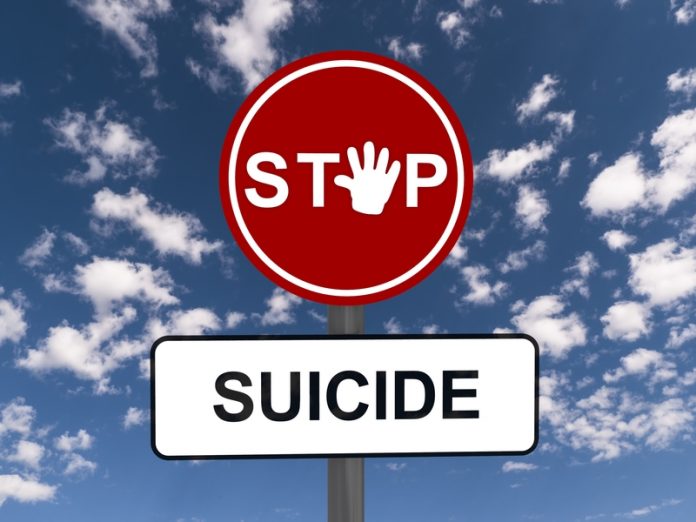The cross-government plan for suicide prevention has a focus on how social media and the latest technology can identify those most at risk
The government has published the first cross-government suicide prevention plan. The plan has a focus on how social media and the latest technology – such as predictive analytics and artificial intelligence – can identify those at risk of suicide.
The plan will be led by the Minister for Mental Health and Suicide Prevention Jackie Doyle-Price. It sets out actions for local government, the NHS and the criminal justice system.
The plan commits the government to improve data held on causes of death among veterans to better understand the triggers that can lead someone to take their own life, such as debt and gambling addiction.
It also includes a greater focus on addressing the increase in suicide and self-harm among young people, while social media companies will be asked to take more responsibility for online content that promotes methods of suicide and self-harm.
Other parts of the plan include:
- every local authority putting an effective suicide prevention plan in place
- ensuring every mental health trust has a zero-suicide ambition plan for mental health inpatients by the end of 2019
- every prison putting actions in place to reduce suicides and self-harm and improve staff awareness and training
- addressing the specific needs of the highest risk groups, including middle-aged men, with £25 million funding
- improving research on things that can be linked to suicide, such as debt and gambling addiction
There are 4,500 suicides each year in England, and around 13 people end their lives every day. Men are 3 times more likely to die by suicide than women, and suicide is the leading cause of death in men under 50. Suicide is also a leading cause of death in young people.
The Prime Minister appointed Jackie Doyle-Price as the UK’s first Suicide Prevention Minister in October 2018. Part of her role is to work across local and national government to carry out the national suicide prevention strategy, published in 2012.
The cross-government suicide prevention plan published in January 2019 supports the national suicide prevention strategy, following recommendations from the Health Select Committee’s inquiry into suicide prevention in 2016.
Minister for Mental Health and Suicide Prevention Jackie Doyle-Price said: “As a society, we need to do everything we can to support vulnerable and at-risk people, as well as those in crisis, and give them the help they desperately need.
“I will be working with local councils, the NHS and the justice system to make sure suicide prevention plans are put in place across public services.
“Together, we will do everything in our power to meet our ambition to reduce suicides by at least 10% by 2020 – and I look forward to working collaboratively with social media and tech companies to help achieve our ambitions.”
Samaritans CEO Ruth Sutherland said: “We welcome the publication of the work plan and hope it will help save more lives.
“Every 6 seconds someone contacts Samaritans volunteers for support, so we know that there is a huge amount to be done to help those struggling to cope.
“When we can work in partnership, we can make a bigger impact in preventing suicide, particularly among the hardest to reach high-risk groups such as low-income and middle-aged men, and those whose occupation puts them at higher risk. Working to address inequalities in suicide is key.
“We also need more research into the increases in self-harm and suicide among young people, and why gambling addiction and debt can drive suicides. Improving suicide data is essential to help us put more effective suicide prevention in place.”











